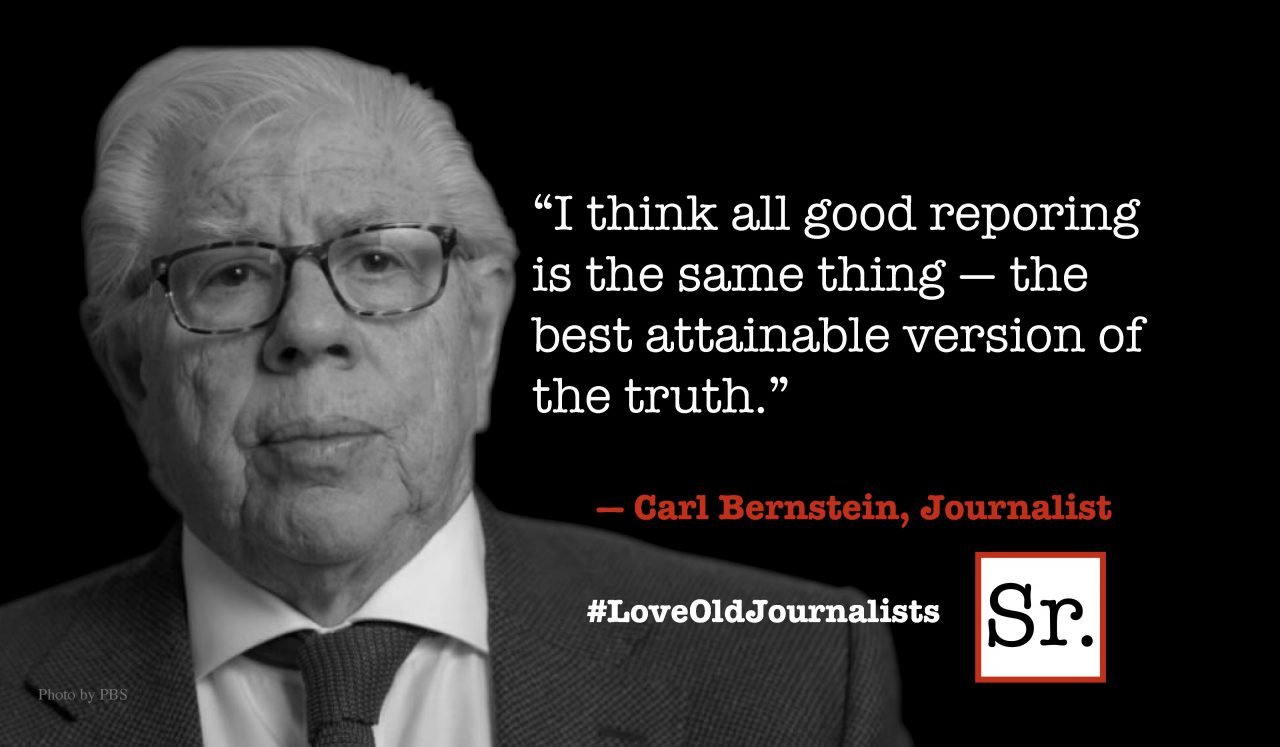One of the world’s most famous writers, Gabriel Garcia Marquez, died last Friday in Mexico City at 87. His 1967 novel, “One Hundred Years of Solitude,” established him as the master of a form in fiction known as magical realism, in which, it’s said, “the miraculous and the real converge.”
The method thrived in the second half of the 20th century in Latin America, the U.S, and elsewhere. As Michiko Kakutani, the New York Times critic, wrote, Garcia Marquez “recognized the extraordinary in the mundane, the familiar in the fantastic.” His books were translated into dozens of languages. In 1982 he received the Nobel Prize for Literature.
The story of Rubin (Hurricane) Cater, the prizefighter, who died this week at 76, strikes me as an example of a tale of magical realism where “the miraculous and the real converge.” Carter’s obit in the New York Times, written by Selwyn Raab, tells the story of an up and coming black prizefighter, twice wrongly convicted of murder. Before the charges against him were dismissed he had spent 19 years in prison. Carter was convicted twice on the same charges of fatally shooting two men and a woman, all white, allegedly in a case of racial revenge, in a New Jersey tavern in 1966. A campaign to clear his name attracted great international attention.
The actor, Denzel Washington, starred in a 1999 movie, “the Hurricane,” based on Carter’s life. The movie “was widely criticized as simplistic and rife with historical inaccuracies,” according to Raab.
“A more complex picture was provided in accounts by Mr. Carter’s relatives and supporters, and by Mr. Carter himself in his autobiography, ‘The 16th Round,’ published in 1974 when he was in prison,” Raab wrote.
Carter’s formal education ended early in a reform school, but he “survived imprisonment and frequent solitary confinement by becoming a voracious reader of law books and volumes of philosophy, history, metaphysics and religion. During his bleakest moments he expressed confidence that he would one day be proved innocent.” Right After his second conviction in 1977 he told the Times, “They can incarcerate my body but never my mind.”
Many appeals failed. But when the issues were heard for the first time in a federal court in 1985, a judge “overturned the convictions on constitutional grounds. He ruled that prosecutors had ‘fatally infected the trial’ by resorting, without evidence, to the racial revenge theory and that they had withheld evidence.” Carter was freed. An alleged accomplice had been placed on parole a few years earlier.
In Toronto where he was living when he died of prostate cancer, Carter founded Innocence International and lectured about inequities in the U.S. criminal justice system. In 2011 he published an autobiography, “Eye of the Hurricane: My Path From Darkness to Freedom,” with a foreword by Nelson Mandela.
This article originally appeared in the San Leandro Times.








